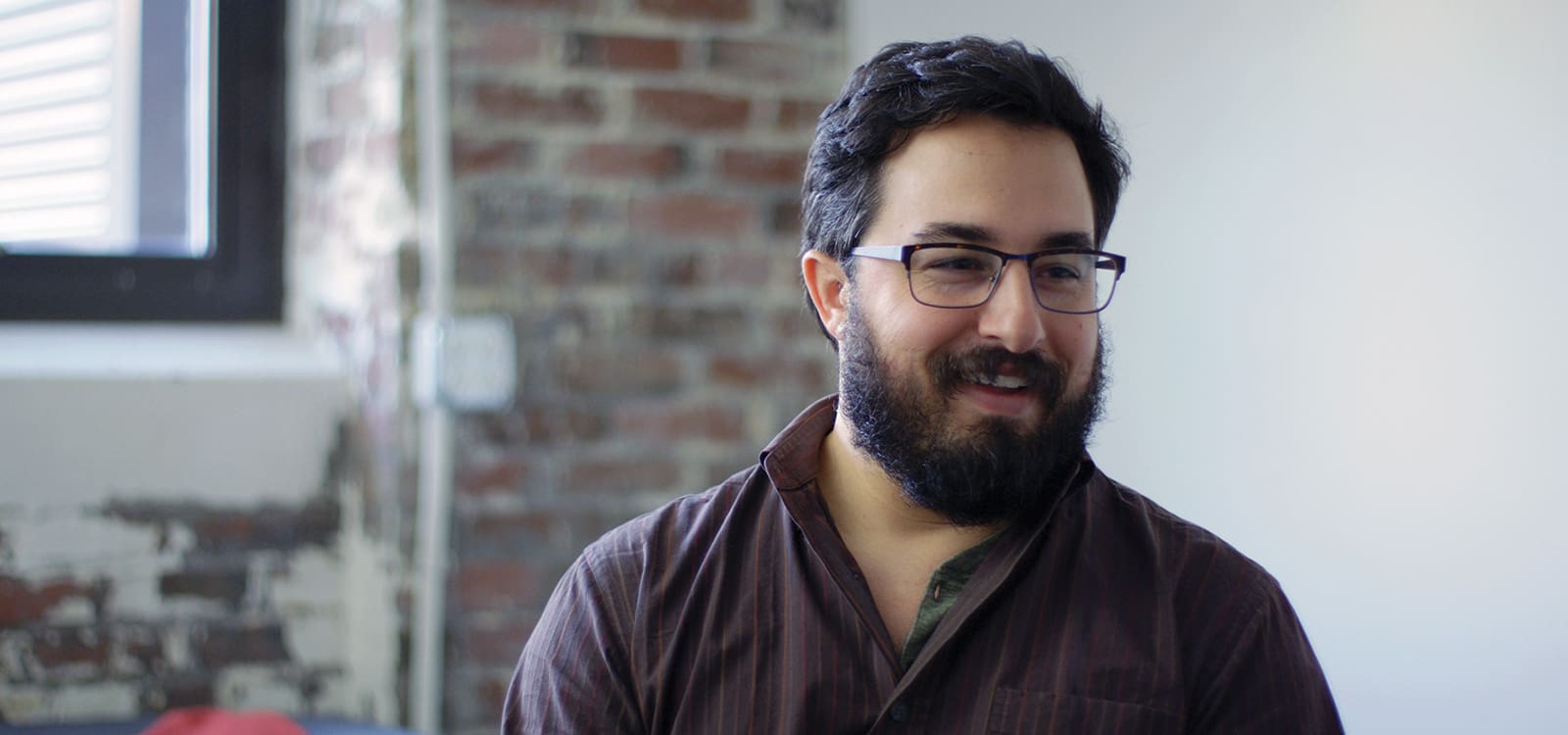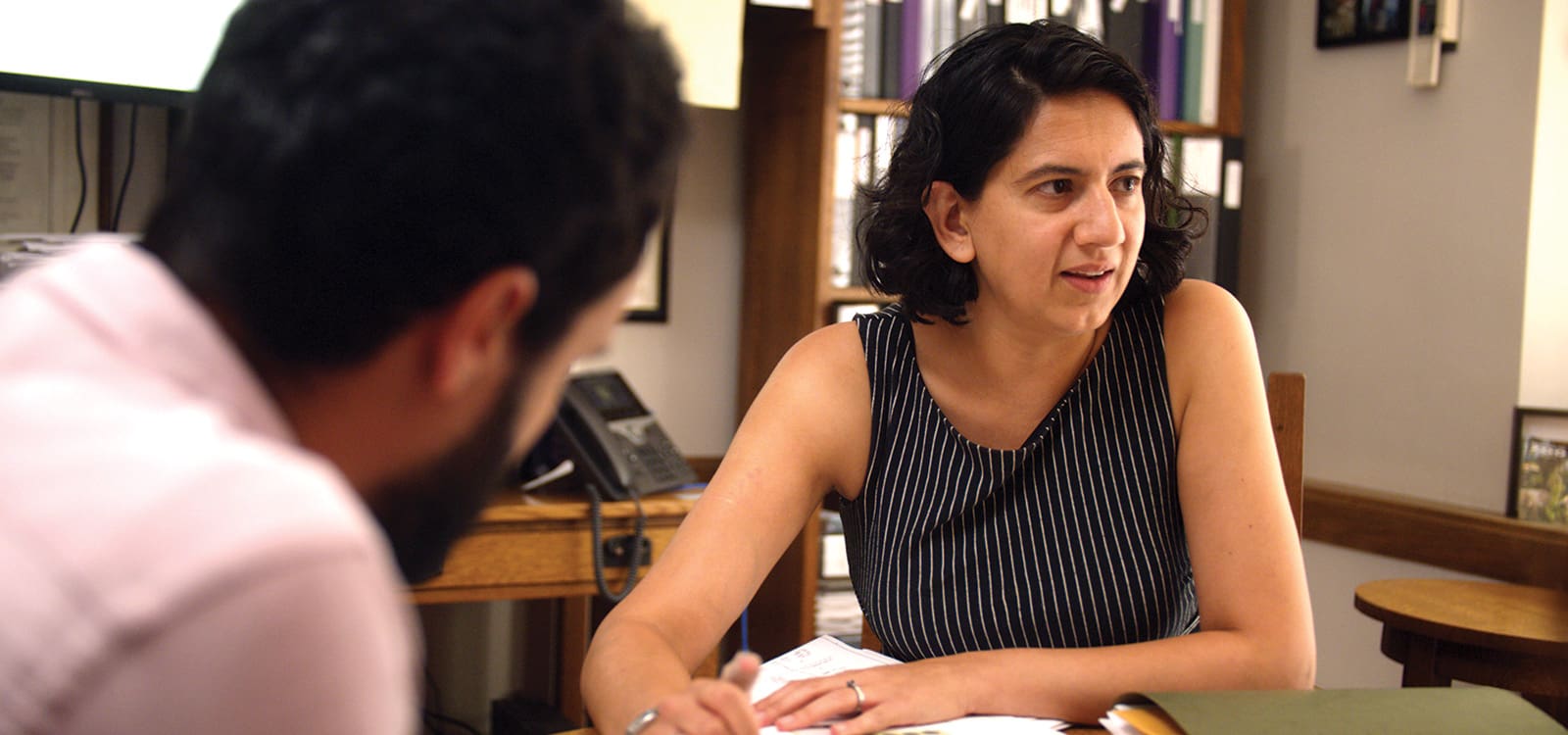CLF’s Legal Food Hub has been matching low-income farmers and food businesses with free legal help since 2014 when it first launched in Massachusetts. Maine and Rhode Island soon followed, with the Hub leveraging more than $1.5 million in pro bono legal services in its first few years alone.
With a goal to have a Legal Food Hub in every New England state, in 2017, CLF began thinking about where to focus next. Connecticut soon emerged as the top candidate.
“Connecticut has a vibrant farm and food community, but it needs more in terms of technical assistance and support that exist in the other New England states,” says Sara Dewey, director of CLF’s Farm and Food program. “We realized there was an opportunity to serve farmers and food entrepreneurs while helping to build the local food system.”
At the same time, says Dewey, “We knew we would be most effective if we partnered with an organization that already had deep ties to local communities.”
Just as CLF began scouting for a Connecticut partner, Yale Law School professor Joshua Galperin was hearing from students who wanted to learn about food law and policy.
Galperin directed Yale’s Environmental Protection Clinic, but food and agricultural law were not on the list of issues the clinic usually addressed. So he started looking for ways to bring food law into his clinic and class. “When I got the call from the Legal Food Hub, it seemed like the perfect opportunity to help an organization that could use some eyes and ears on the ground in Connecticut, while giving my students valuable experience right in their hometown that I otherwise hadn’t been able to provide them.”
The initial work of the Legal Food Hub in any state is always two-fold: First, there’s developing relationships with local farmers and food businesses to understand their unique needs. And, second, there’s nurturing the community of volunteer lawyers who will work with the varied pro bono clients the Hub refers to them.
By the fall of 2017, Galperin and Yale Legal Fellow Brian Fink had started reaching out to existing nonprofit food and agriculture organizations, as well as the land grant college at the University of Connecticut to network and introduce themselves to the community.

At the same time, Anika Singh Lemar was bringing her unique perspective to the partnership. Lemar oversees Yale’s Ludwig Center for Community and Economic Development, which provides transactional legal services to clients seeking economic opportunity and mobility. The Center’s involvement in food justice dates back to the early 1990s when a New Haven group sought assistance opening a grocery store in an area that lacked a full-service supermarket. The group is still a client today.
“Food and farming are particularly interesting to us because it’s an avenue for people with low and moderate incomes to earn money,” she says. “But agriculture is also a really difficult path to go down because of its low margins.”
What’s more, navigating the many employment laws and food regulations can be labor intensive. “Those are barriers for low-income entrepreneurs,” she says. “Good lawyers should address those barriers and bring them down for people, whatever that takes.”
Those laws and regulations can be intimidating for good lawyers, too. Although food and farm clients share much in common with other businesses – the need for a trademark, estate planning, or a lease, for example – food- and farm-specific statutes add a layer of nuance with which many lawyers may not have direct experience.
“Lawyers are ultra-specialized these days,” says Lemar. “A real estate lawyer, for example, may have years of experience but never have represented a farmer before.”

So Lemar and her students set out to write a guide to help the Hub’s volunteers translate their experience to food and farm work. The guide also identifies issues that lawyers might miss if they’ve never represented a farm before, she says. And, while the guide is a handy reference, it also served as a conversation starter that was sent to lawyers across the state, inviting them to participate in the Hub.
By March of 2018, with six law firms signed on, the Hub was ready to go live. In the year since, it has handled 19 cases across the state. Participants include a mobile farmers’ market, a local refugee assistance project, a nonprofit educational farm, a nascent kelp farm, and a small business that makes products with food that would otherwise be wasted. And the demand for the Hub’s services is only growing. “We’re getting more cases than we can place with our attorney network right now,” says CLF’s Dewey.
But perhaps the most significant impact of CLF’s partnership with Yale has been the connections farmers and food businesses have made with each other.
“The Legal Food Hub has networked the food and farm community in a way it hadn’t been before,” says Galperin. “My students, Brian Fink, and Anika played a huge role in figuring out who the key players were and bringing them together. And that, I think, is going to make a lasting difference in Connecticut.”
Dewey agrees. “The Hub exists not only to help individual farmers and food businesses overcome legal hurdles but to support a thriving and resilient regional food system,” she says. “Our partnership with Yale has been critical to laying that groundwork here in Connecticut.”
